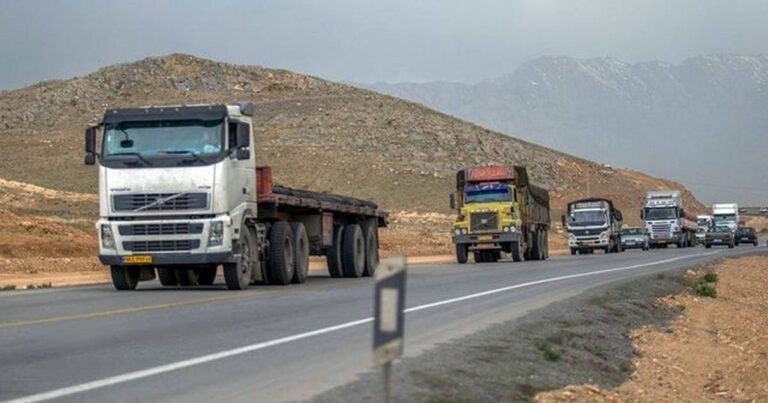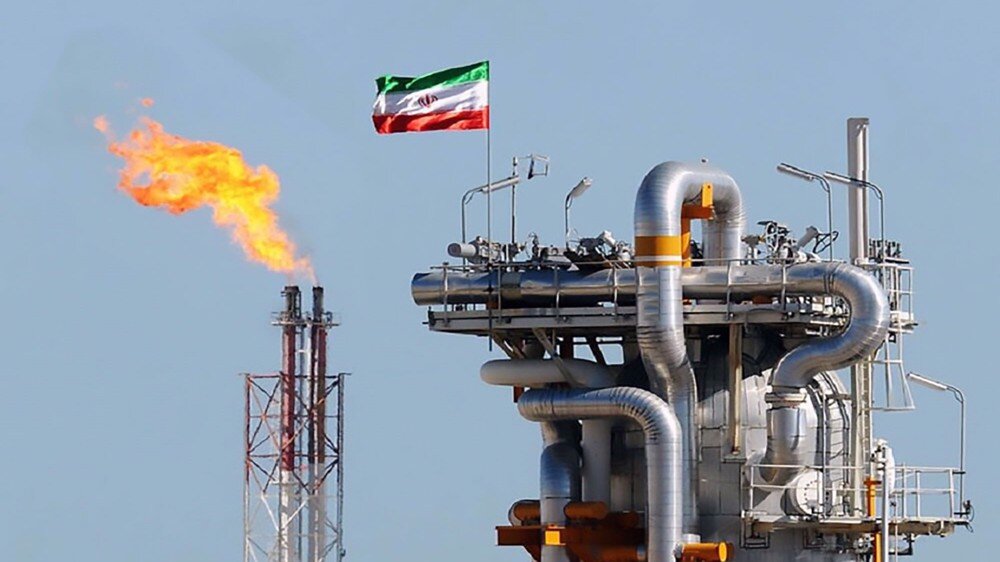
Similar Posts
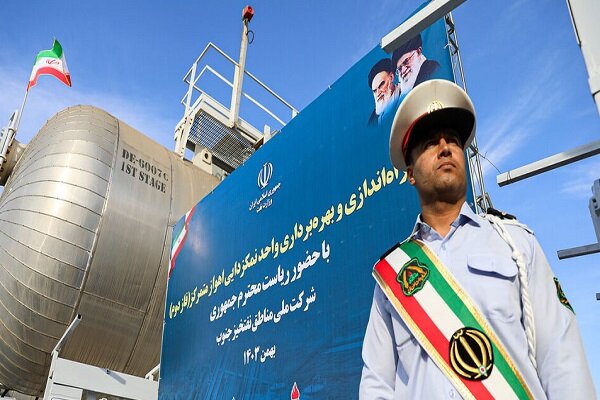
Ahvaz Crude Desalination Plant Phase 2 Launch: A Major Step Towards Sustainable Water Solutions
A new initiative to enhance the processing of salty crude oil from the Ahvaz oil field aims to boost production by 110,000 barrels per day. Valued at 58.7 million euros, the project will improve crude oil quality, meeting export and refinery standards while creating 180 direct and 400 indirect jobs. Over 85% of the equipment will be locally manufactured, with all engineering and construction services sourced domestically. The project also focuses on environmentally friendly methods, ensuring industrial wastewater meets standards to reduce pollution. This development marks a significant advancement in oil processing, promoting local economic growth and sustainability.
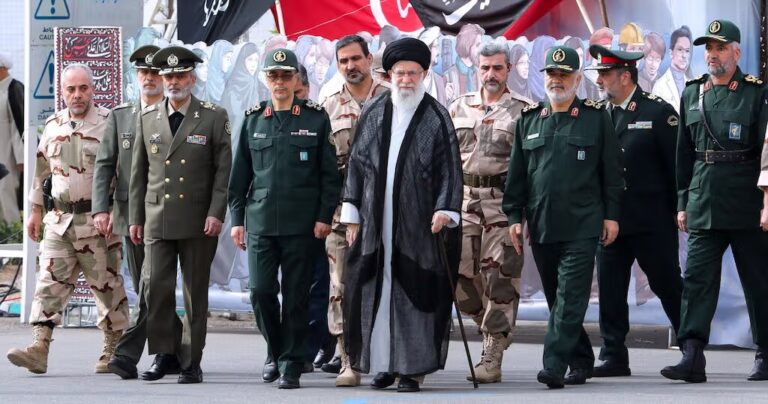
Khamenei and IRGC Expand Control Over Iran’s Oil Revenues and State Assets
Iran’s new budget law significantly increases allocations of oil revenues and public funds to the Islamic Revolutionary Guard Corps (IRGC), strengthening military and Supreme Leader-linked institutions. This fiscal year, the IRGC is set to gain greater control over state assets, with military funding rising substantially. The government anticipates daily oil exports of 1.85 million barrels, with one-third earmarked for military use, reflecting a threefold increase. Additionally, military and security forces will receive 10% of the general budget for salaries. The law allows IRGC-affiliated entities to acquire state assets, indicating a pivotal shift in Iran’s economic and political landscape.
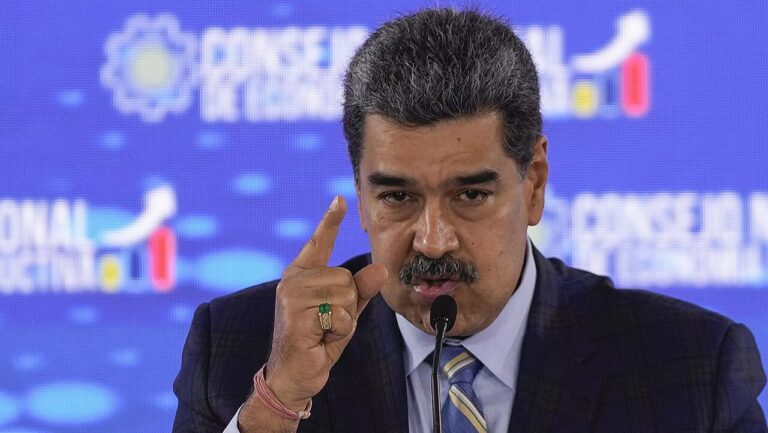
Venezuela’s Strategic Moves to Thrive Amid Global Trade War Challenges
Venezuelan President Nicolás Maduro recently addressed the impact of U.S. economic sanctions, asserting the country’s readiness to confront what he calls an economic war initiated by the U.S. In a statement, he emphasized Venezuela’s resilience and commitment to sovereignty amidst external pressures, particularly from sanctions imposed since 2015. Maduro outlined strategies to mitigate these challenges, highlighting preparations for economic warfare. The situation intensified following President Trump’s announcement of new tariffs and a state of emergency due to the U.S.’s economic condition. As Venezuela faces significant hardships, the government’s determination to sustain its economy remains evident, drawing global attention.
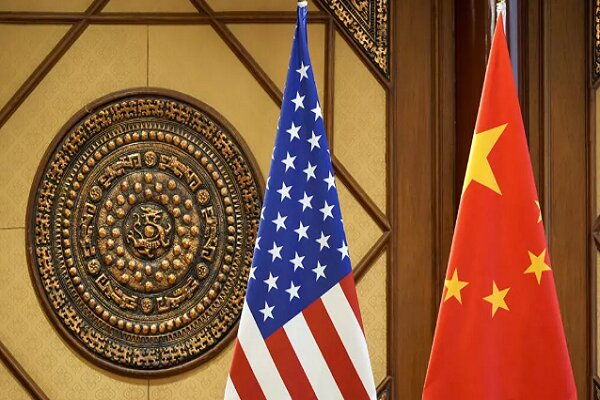
Trump Considers Imposing Additional 10% Tariff on China: What It Means for Trade Relations
Former President Donald Trump has proposed a 10 percent tariff increase on China, raising concerns about its effects on American consumers and international relations amid ongoing trade tensions and border security issues. During a White House briefing with British Prime Minister Keir Starmer, Trump emphasized the additional tariff’s significance, linked to accusations against Canada and Mexico for failing to curb fentanyl trafficking. Economists warn that higher tariffs could increase prices for consumers and strain relations with trading partners. The geopolitical landscape may also shift as countries respond to U.S. tariff policies, highlighting the need for vigilance in trade discussions and economic monitoring.
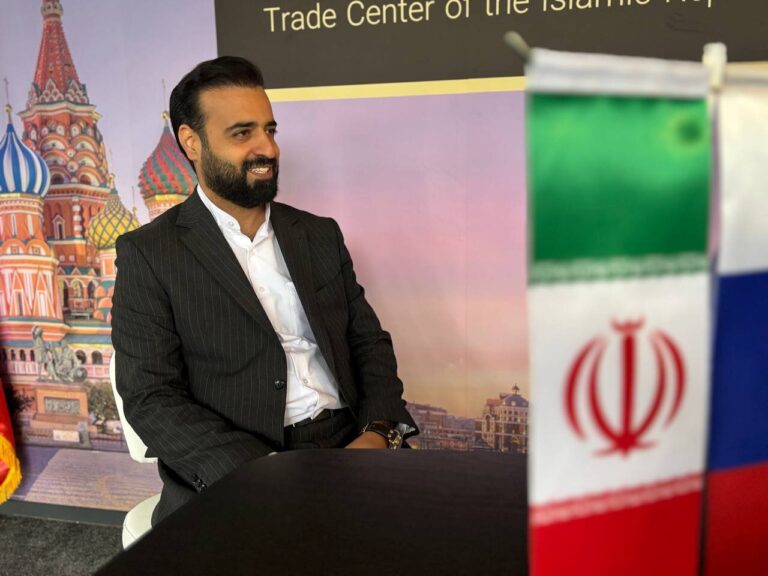
Iran-Russia Treaty: Boosting Bilateral Trade for Economic Growth
In a recent interview, Rasoul Mosayyebi, CEO of the Iran Trade Center in Russia, discussed the potential for increasing bilateral trade between Iran and Russia, which has historically been low. He noted that Iran’s exports to Russia surged to about $2.7 billion in 2023, despite sanctions. The Iranian government and the Trade Promotion Organization of Iran are working to strengthen trade ties. A Comprehensive 25-Year Strategic Partnership Agreement, starting May 15, 2025, aims to eliminate customs tariffs, enhancing trade prospects. Mosayyebi predicts that Iran’s exports to Russia could reach $10 billion after a year of the agreement’s implementation.
